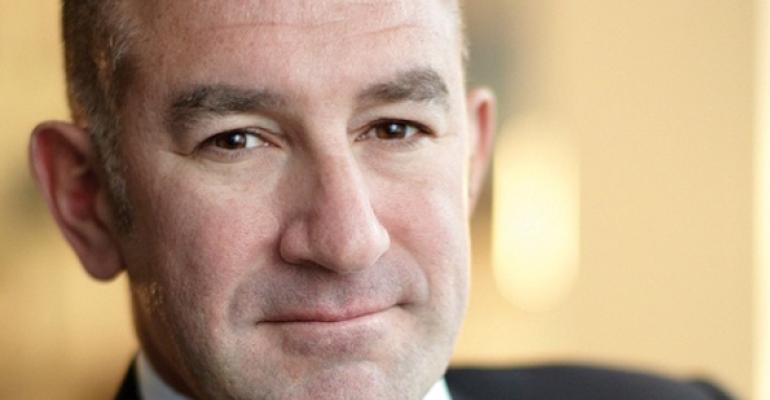We’ve all heard the hype about online advice portals like Betterment, WealthFront and LearnVest and the threat these “robo-advisors” pose to the flesh-and-blood financial advisor. I believe it’s an unjustified fear, one that is quite overblown. Yet Elliot Weissbluth, founder and CEO of HighTower, says these online advice platforms will be the financial services industry’s “‘big-bang’ disruption.”
In a piece on LinkedIn on the “State of Financial Services: Embrace the Big Bang or Face Extinction,” Weissbluth writes that these online advice startups are growing in influence, and they believe their technology and user interfaces will make face to face meetings with an advisor obsolete. With every new startup, the technology gets better.
Who’s to blame for the rise of the machines? The Millennial generation—the ones who don’t trust financial institutions and have grown up in a digital world:
We are entering the era of the robo-advisors, and much of the attention paid to this trend is attributable to Millennials. As the first generation of true digital natives, they are the most likely to embrace digital-only financial services.
Despite the title of his piece, Weissbluth doesn’t believe these robo-advisors will completely eliminate the need for financial advisors. (Of course, his whole business model depends on it.) It will, however, separate the wheat from the chaff:
Disruption is coming, but I do not believe it will obliterate the need for human financial advisors. Rather, the disruption will expose the industry’s mediocre advisors for what they really are: slick salespeople who make up for their lack of sophistication with the gift of gab. Once the posers are out of the way, skilled and experienced advisors will be at an even greater premium than they are today.
But what Weissbluth doesn’t get into is how these platforms will expose the posers. Will they make investors feel they pay too much for advice? I believe that could happen no matter what type of financial advisor the client uses.
If Weissbluth’s argument holds true, Millennials—in the beginning stages of wealth accumulation—will start their advice relationship online. They, after all, have grown up “digital natives.” So it won’t be a matter of how to capture these clients from so-called posers, but rather, it will be a matter of getting them offline long enough to realize the merits of a face-to-face relationship. Is it possible?





